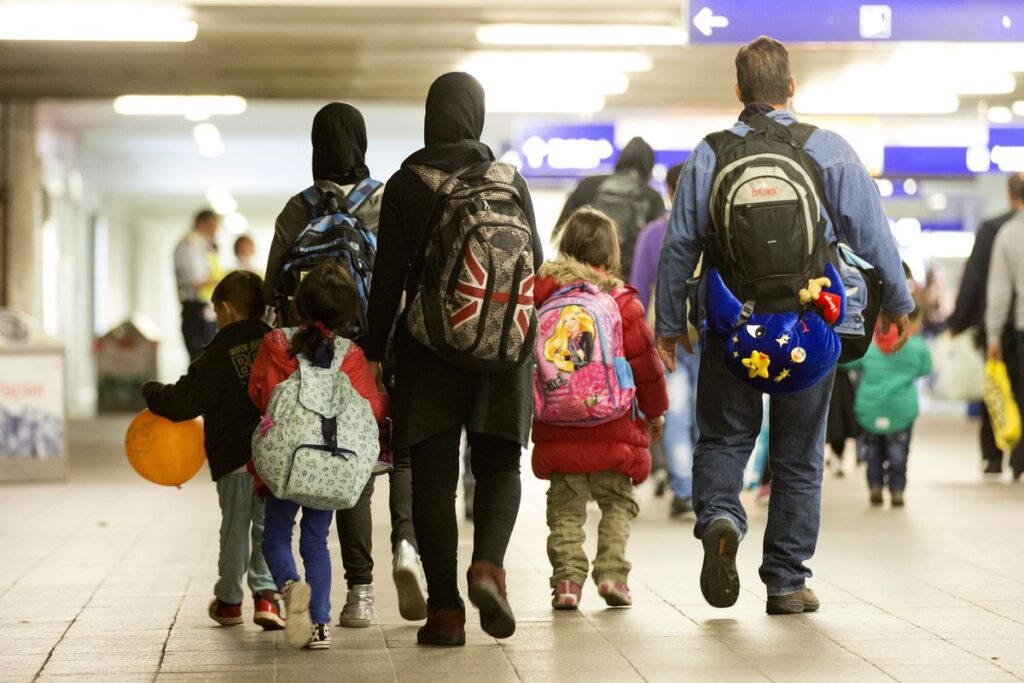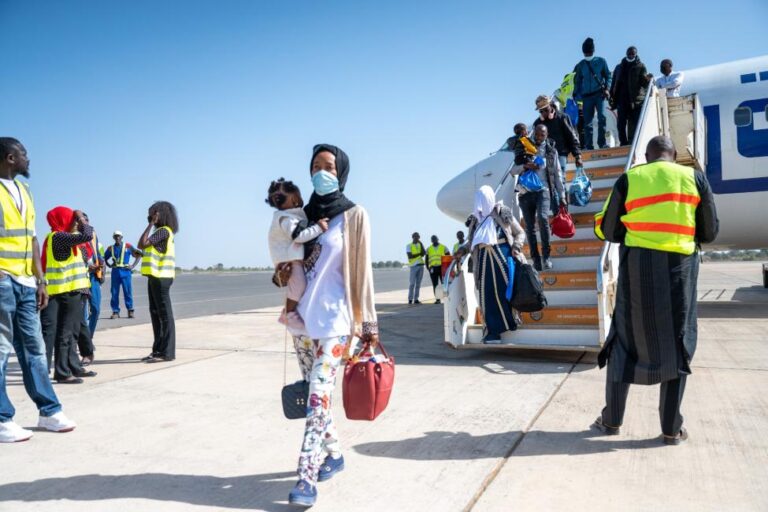Voluntary immigration has been part of human existence for centuries. Today, many people desire to move to other locations in search of a better life. Whether you are migrating for studies, work, business or you are migrating because you are following the trend, voluntary immigration is a phenomenon that will likely never end.
In Nigeria, voluntary immigration is known as japa. In the wake of economic woes and insecurity rocking the country, many Nigerians have opted to migrate to other countries, particularly Europe and America. So, what are the causes of this type of migration? Read this article to find out.
What is voluntary immigration?
Voluntary immigration refers to when migrants knowingly and willingly decide to leave their location to another location. It is completely the choice of the migrant to make that movement, whether to search for greener pastures, gain access to quality services and infrastructures, gain access to better education or simply because the person wants to move.
Voluntary immigration has two types – internal and external voluntary immigration. Internal immigration is defined as when a migrant chooses to move to another location within the country. For instance, moving from the village to the city in search of greener pastures.
On the other hand, external immigration, which Nigerians have popularly called japa, refers to when a migrant knowingly and willingly decides to leave their country for another with the approval of the authorities of the host country.
As the world continues to come together to form a smaller global village, more people desire to move to other areas where they think they can be more successful. Generally, it is seen as a welcome idea as long as the migrant follows due process.
ALSO READ: Immigration Changes: Learn About UK’s Latest Immigration Reforms, Its Impact On Families, Businesses
Causes of voluntary immigration
There are many causes of voluntary. Let us list and discuss them below:
Poverty and other economic problems
When the people are hungry, they look for various means to survive. One of such survival tactics is migrating to a more economically developed country for greener pastures. In the 1600s, the first European migrants to arrive in North America travelled through ships and harsh conditions in search of a better life for themselves.
The same thing is happening now in Nigeria, which is currently experiencing economic woes that have even prompted several multinational and indigenous companies to close shop and take their businesses elsewhere. There is hunger in the land. The country has an unpleasant record of experiencing poverty, with about 71 million people living in extreme poverty today, according to World Poverty Clock. Therefore, many are leaving to escape poverty.
Political instability
When a location’s political atmosphere is toxic, people would want to move to more conducive environments. For instance, the 2023 general elections witnessed some political instability in some parts of the country. Some people lost properties while others lost their lives due to their political affiliations. That type of atmosphere can make one decide to migrate to other safer locations.
Insecurity
In Nigeria, religion and ethnicity has been the bane of security in the country. Today, there are religious fanatics like the Boko Haram, ISWAP and ISIS terrorizing the North. In the North-Central, herdsmen have wasted a lot of people’s lives. For instance, herdsmen attacked three local government areas of Plateau State, killing over 70 people on 2023 Christmas eve.
South East is burdened by operatives of the Indigenous People of Biafra (IPOB) and unknown gunmen maiming and killing perceived political enemies. The South-West region is also not left out as news of ritual killings are reported in the region regularly.
In Nigeria, kidnapping and armed robbery has become a menace. Culprits are “cashing out” with ransom paid by the victims. Therefore, these insecurity issues have forced many Nigerians to seek a better life outside the country as no one wants to stay in a country where they do not feel safe.
Education
Education has been one of the major factors of voluntary immigration for a long time. In terms of internal immigration, education can make one leave their location in the village to a city. It can also make a city person move to a small university town.
In Nigeria, the most popular factor is the student visa route which many Nigerian migrants have utilised to move to other countries with more advanced educational facilities. Many have migrated to Europe and North America for quality education in tertiary institutions to earn certificates ranging from Bachelor’s degree to PHD.
Also, education from primary to secondary level is often free in many economically advance countries and also in developing countries. This can attract migrants from poorer countries to move there to give their wards a chance at quality education.
Access to better health care and other services
Health is wealth. When a location does not have sufficient facilities to take care of ailing members, many will choose to move to other locations that have the facilities they need. For instance, part of the reason why the United Kingdom is a hotspot for migrants is the NHS program which allows residents access to free quality healthcare services.
Because they want to migrate
Sometimes, a person can be comfortable in their location but still choose to migrate to another location. For instance, a successful entrepreneur who enough resources to have everything he or she needs, may decide to migrate to another country. They are not migrating because they hope for a better life they are currently enjoying, but for another reason which could simply be because they are tired of their current location. Another reason can be because their peers are migrating and they want to follow the trend.
Difference between voluntary immigration and forced immigration

The key difference between voluntary immigration and forced immigration is the fact that the former is done out of one’s free will to choose to move to another place. On the other hand, forced immigration often occurs when one is compelled to move to another location due to factors such as extreme poverty, which can lead to death; war, insecurity or environmental disasters.
For instance, a refugee fleeing from an ongoing war or armed conflict can be forced to migrate to a safer location. Also, victims of environmental disasters, such as flooding, erosion and earthquake, are forced to migrate to safer locations and start life all over.


